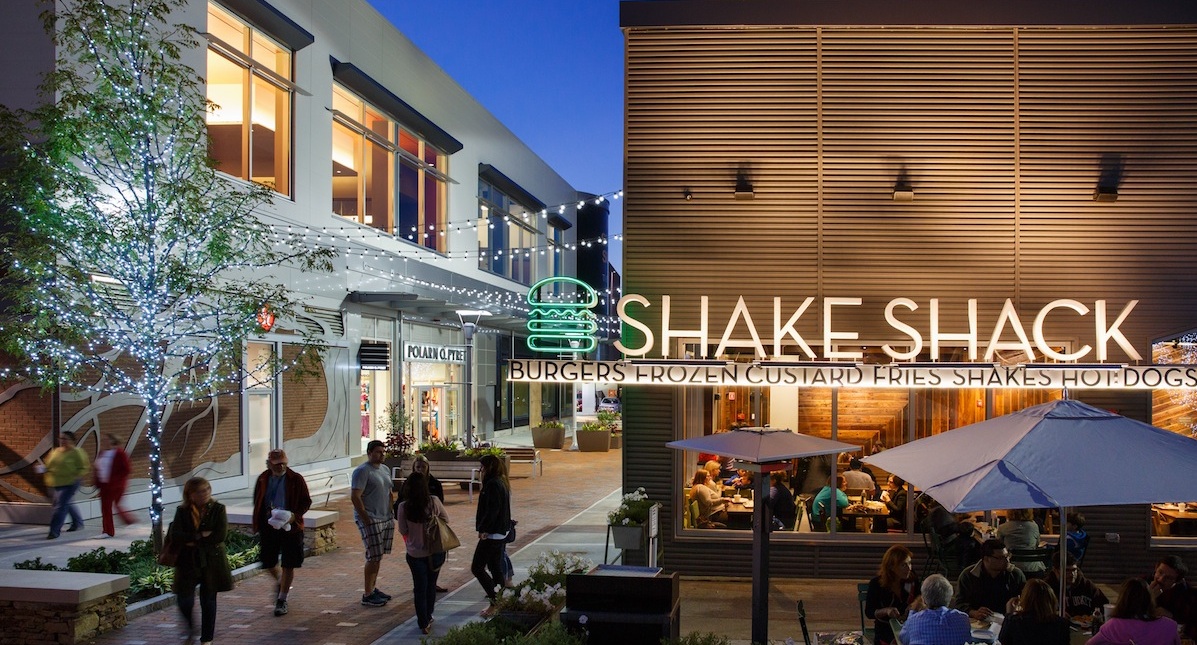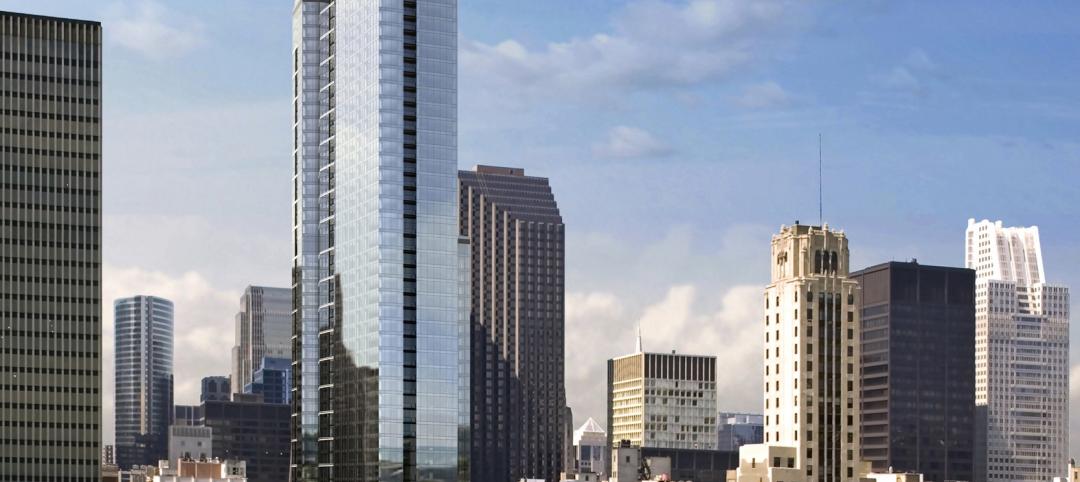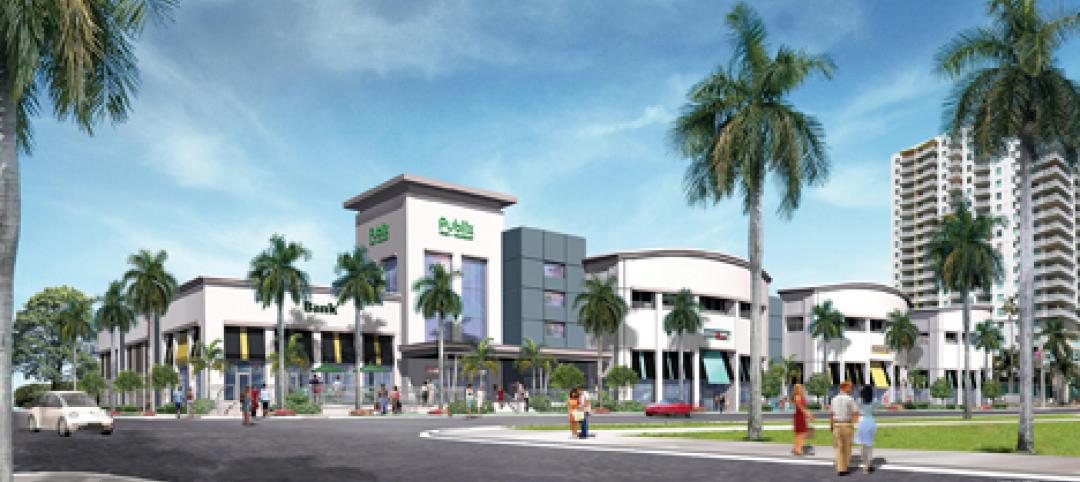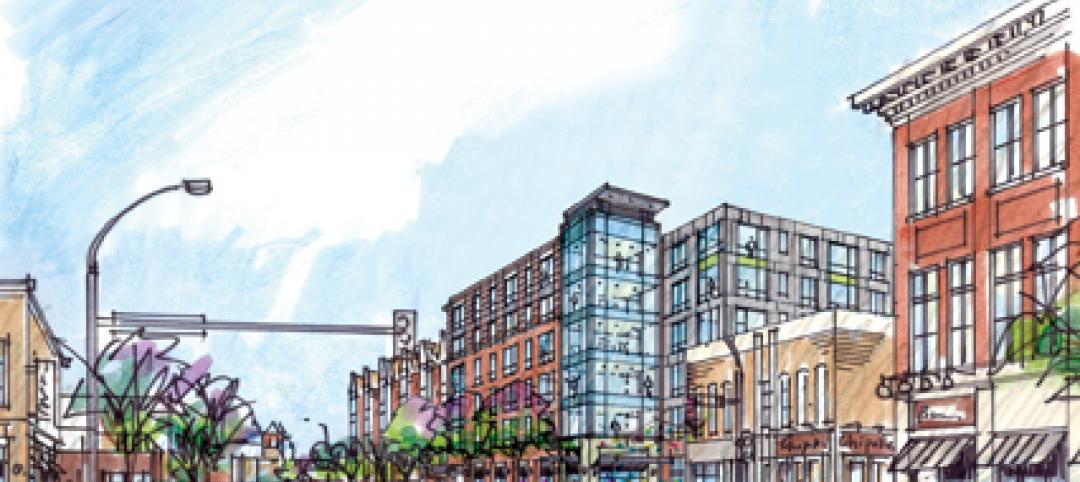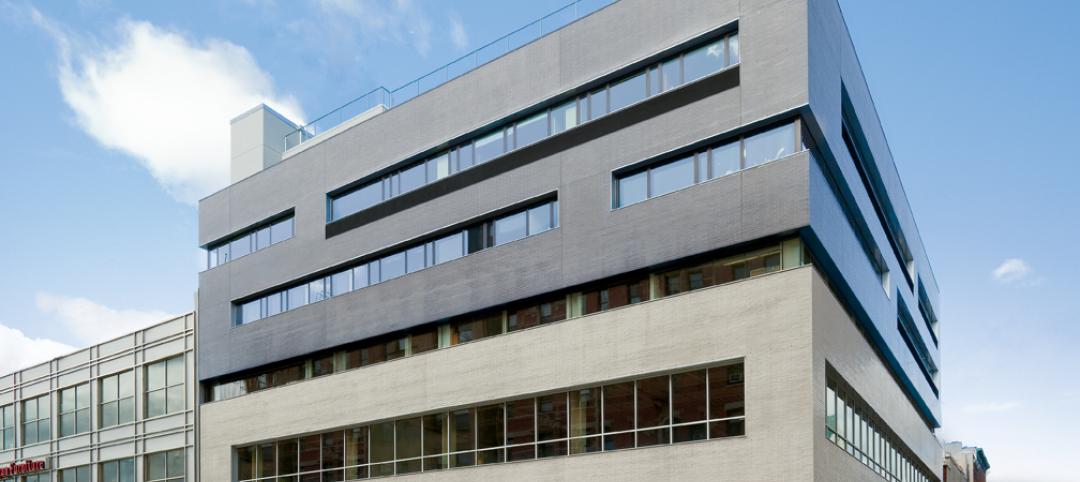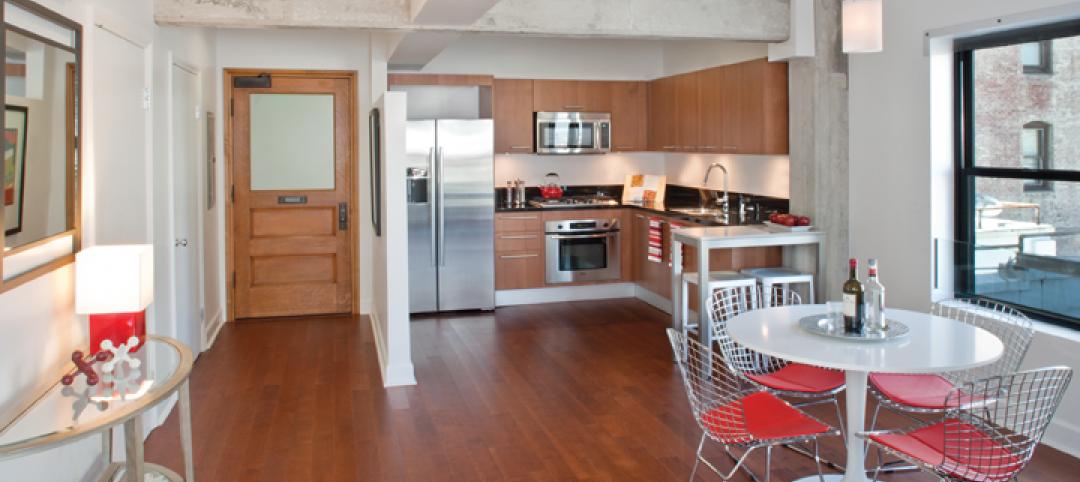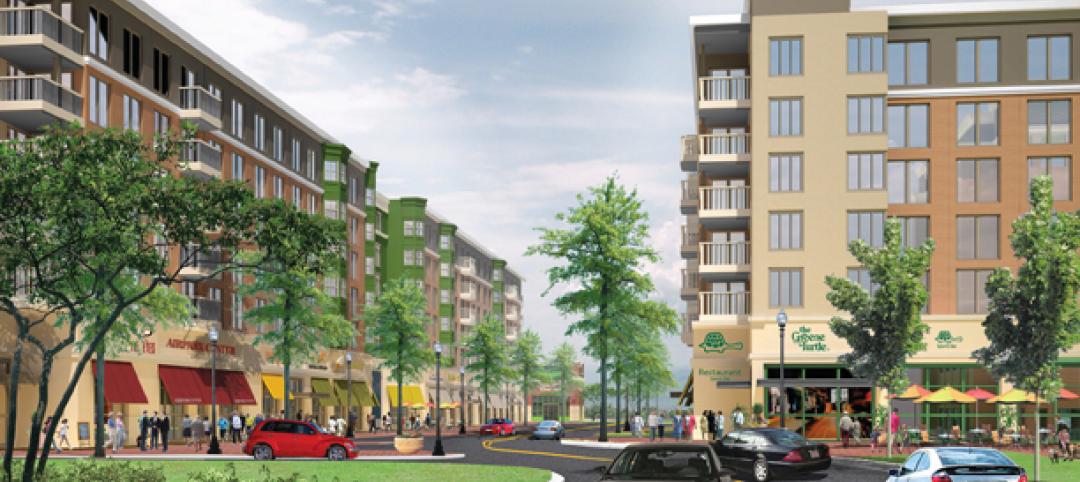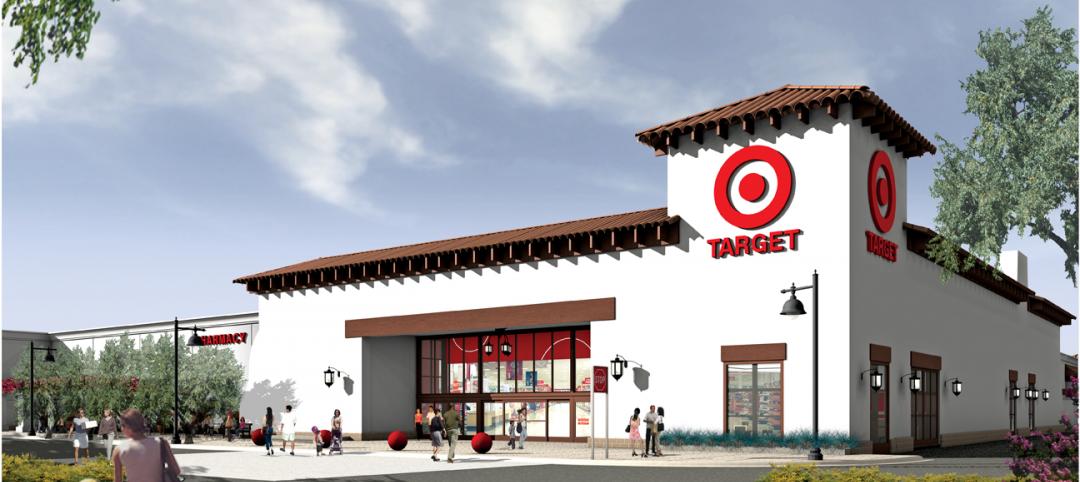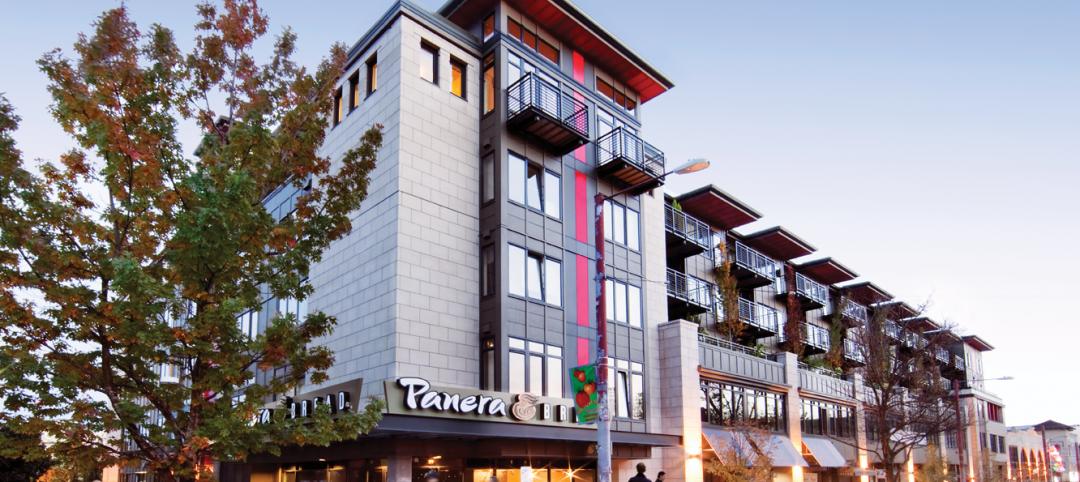An estimated 140 million sf of shopping center space was built in the U.S. between 2002 and 2008, according ChainLinks Advisors’ Fall/Winter 2013 Retail Review & Forecast. Since then, retail construction has slowed, even as the U.S. remains the world’s largest market in shopping center space, accounting for two-thirds of total gross leasable area tracked by Cushman & Wakefield, according to its latest Global Shopping Center Development Report.
Retail net absorption totaled 109.8 million sf in 2014, according to JLL’s Fourth Quarter 2014 Retail Outlook. Last year exhibited the strongest absorption rate since 2008. But deliveries, at 60.6 million sf, still fell well below absorptions. JLL reported that 55% of last year’s construction activity was “general retail,” consisting of single-tenant freestanding general commercial buildings with parking. Shopping centers accounted for 19.2% of retail construction, malls 18.1%, power centers 4.4%, and specialty retail centers 3.3%.
New York, Miami, and Washington, D. C., showed the highest absorption rates and rent growth. Combined, they accounted for more than two million sf of storefront construction, or about 7% of the U.S. total last year.
Retailers could be doing a better job of meeting customer expectations. The latest American Customer Satisfaction Index, based on surveys of 70,000 customers, found that all retail categories, with the exception of online retail, showed weakening or flat customer satisfaction in 2014.
JLL cites a report by the Royal Bank of Canada and Retail Lease Trac, which estimates that U.S. retailers in RBC’s database plan to open a total of 77,547 stores over the next two years. Some of these stores might end up replacing retailers commonly found in malls that have announced hundreds of store closings, including Macy’s, JC Penney, and Sears, as well as Radio Shack and Wet Seal, both of which have filed for bankruptcy protection.
Retailers could be doing a better job of meeting customer expectations. The latest American Customer Satisfaction Index, based on surveys of 70,000 customers, found that all retail categories, with the exception of online retail, showed weakening or flat customer satisfaction in 2014.
Nordstrom, which is among the handful of retailers that mall developers covet most as anchors, registered the highest satisfaction index—86—of any brick-and-mortar dealer tracked, matching Amazon.com’s 86 index. However, department and discount stores registered their lowest index since 2007. ACSI data show that customers were dissatisfied with their layouts, cleanliness, inventory availability, and speed of checkout.
JLL suggests that malls and shopping centers are more effective as destinations when their tenant mix appeals to customers’ lifestyles beyond shopping and includes fitness centers, gourmet cooking shops, and sustainable-product options.
The success of any mall redevelopment hinges on the appeal of its tenants. JLL singles out Nordstrom, Neiman Marcus, and fashion retailers H&M and Forever 21 as “huge draws.” It also notes that entertainment is “essential” to injecting “new vitality” into a shopping center. This can include casual restaurants like Chipolte or Smashburger, luxury movie theaters like iPic, or specialty big boxes like Dick’s Field & Stream.
JLL recommends that as malls reinvent themselves, they should add more green space, lounging areas, and free WiFi. Technology tools like beacons (see www.BDCnetwork.com/beacon) can help a retail center connect more directly with customers. “By tracking the location of shoppers and interacting with them through their mobile devices, landlords and retailers gain greater control over the timing and customization of their marketing messages,” says JLL.
Related Stories
| Feb 11, 2011
Chicago high-rise mixes condos with classrooms for Art Institute students
The Legacy at Millennium Park is a 72-story, mixed-use complex that rises high above Chicago’s Michigan Avenue. The glass tower, designed by Solomon Cordwell Buenz, is mostly residential, but also includes 41,000 sf of classroom space for the School of the Art Institute of Chicago and another 7,400 sf of retail space. The building’s 355 one-, two-, three-, and four-bedroom condominiums range from 875 sf to 9,300 sf, and there are seven levels of parking. Sky patios on the 15th, 42nd, and 60th floors give owners outdoor access and views of Lake Michigan.
| Feb 11, 2011
Grocery store anchors shopping center in Miami arts/entertainment district
18Biscayne is a 57,200-sf urban retail center being developed in downtown Miami by commercial real estate firm Stiles. Construction on the three-story center is being fast-tracked for completion in early 2012. The project is anchored by a 49,200-sf Publix market with bakery, pharmacy, and café with outdoor seating. An additional 8,000 sf of retail space will front Biscayne Boulevard. The complex is in close proximity to the Adrienne Arsht Center for the Performing Arts, the downtown Miami entertainment district, and the Omni neighborhood, one of the city’s fast-growing residential areas.
| Feb 11, 2011
Apartment complex caters to University of Minnesota students
Twin Cities firm Elness Swenson Graham Architects designed the new Stadium Village Flats, in the University of Minnesota’s East Bank Campus, with students in mind. The $30 million, six-story residential/retail complex will include 120 furnished apartments with fitness rooms and lounges on each floor. More than 5,000 sf of first-floor retail space and two levels of below-ground parking will complete the complex. Opus AE Group Inc., based in Minneapolis, will provide structural engineering services.
| Feb 11, 2011
Green design, white snow at Egyptian desert retail complex
The Mall of Egypt will be a 135,000-sm retail and entertainment complex in Cairo’s modern 6th of October district. The two-story center is divided into three themed zones—The City, which is arranged as a series of streets lined with retail and public spaces; The Desert Valley, which contains upscale department stores, international retailers, and a central courtyard for music and other cultural events; and The Crystal, which will include leisure and entertainment venues, including a cinema and indoor snow park. RTKL is designing the massive complex to LEED Silver standards.
| Jan 25, 2011
AIA reports: Hotels, retail to lead U.S. construction recovery
U.S. nonresidential construction activity will decline this year but recover in 2012, led by hotel and retail sectors, according to a twice-yearly forecast by the American Institute of Architects. Overall nonresidential construction spending is expected to fall by 2% this year before rising by 5% in 2012, adjusted for inflation. The projected decline marks a deteriorating outlook compared to the prior survey in July 2010, when a 2011 recovery was expected.
| Jan 21, 2011
Harlem facility combines social services with retail, office space
Harlem is one of the first neighborhoods in New York City to combine retail with assisted living. The six-story, 50,000-sf building provides assisted living for residents with disabilities and a nonprofit group offering services to minority groups, plus retail and office space.
| Jan 21, 2011
Revamped hotel-turned-condominium building holds on to historic style
The historic 89,000-sf Hotel Stowell in Los Angeles was reincarnated as the El Dorado, a 65-unit loft condominium building with retail and restaurant space. Rockefeller Partners Architects, El Segundo, Calif., aimed to preserve the building’s Gothic-Art Nouveau combination style while updating it for modern living.
| Jan 19, 2011
Baltimore mixed-use development combines working, living, and shopping
The Shoppes at McHenry Row, a $117 million mixed-use complex developed by 28 Walker Associates for downtown Baltimore, will include 65,000 sf of office space, 250 apartments, and two parking garages. The 48,000 sf of main street retail space currently is 65% occupied, with space for small shops and a restaurant remaining.
| Jan 7, 2011
BIM on Target
By using BIM for the design of its new San Clemente, Calif., store, big-box retailer Target has been able to model the entire structural steel package, including joists, in 3D, chopping the timeline for shop drawings from as much as 10 weeks down to an ‘unheard of’ three-and-a-half weeks.
| Jan 7, 2011
Mixed-Use on Steroids
Mixed-use development has been one of the few bright spots in real estate in the last few years. Successful mixed-use projects are almost always located in dense urban or suburban areas, usually close to public transportation. It’s a sign of the times that the residential component tends to be rental rather than for-sale.


